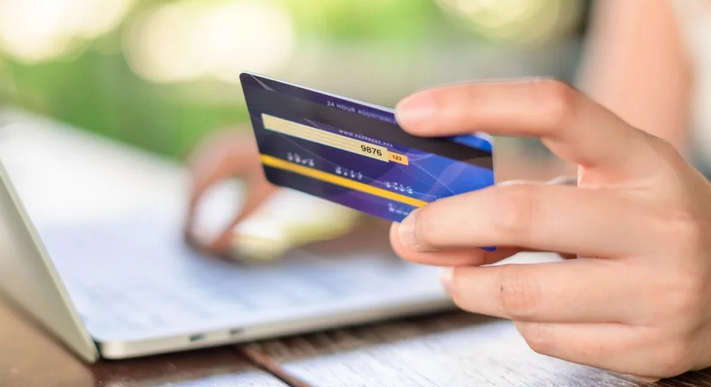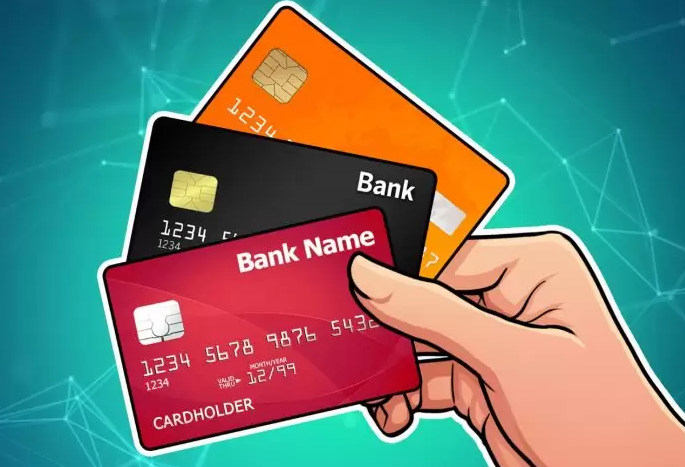The smallest number of credit card options are available to people with bad credit. Few credit card issuers want to take the chance of extending a credit limit that might not be paid for, which is why this is the case. It will be more challenging to get credit if your credit score is low, but it is not completely impossible. With some difficulty, it is still possible to obtain a credit card.
What Is the State of Your Credit?
You probably know you have bad credit because you have previously been declined for a credit card, loan, or other credit-based service.

Check your credit score to discover where you stand if you haven’t previously.
You can get a credit score automatically in the mail if your credit score was the reason you were denied credit. As an alternative, you can obtain your credit score directly from FICO via myFICO.com or any of the three credit bureaus. Two credit card issuers that offer credit ratings to their cardholders are Discover and Capital One. Free versions of your credit score are also available from CreditKarma.com, CreditSesame.com, and Quizzle.
Watch out for websites that offer free credit scores as a hoax to get you to subscribe to a credit monitoring service. You’re probably joining up for a trial subscription and will be charged if you don’t cancel if you have to provide your credit card number to acquire the “free” credit score.
Credit Cards for People Who Have Poor Credit
There aren’t many credit cards available that are expressly made for those with bad credit.
CreditKarma.com reports that candidates for the Capital One Classic Platinum can have credit ratings as low as 577. The card has a $39 annual fee and a normal APR of 22.9%. You might be eligible to request a waiver of the annual charge.
Orchard Bank credit cards have long been a good option for people with bad credit.
Orchard Bank cards were subsequently discontinued after Capital One acquired HSBC, the company that had previously issued Orchard Bank cards.
Retail businesses are known for letting people with bad credit in. A restricted purpose credit card that can only be used at that store has a higher approval rate than a Visa or MasterCard credit card. Retail store credit cards often have high interest rates and tight credit limits. The best way to handle a credit card like this is to use it sparingly and pay off the entire debt each month.
Be Prepared to Make a Deposit
Because secured credit cards demand a security deposit against the credit limit, many borrowers ignore them. It is better to have a secured credit card that reports to the major credit bureaus than to have none at all. Many secured credit cards can be changed to unsecured credit cards after a year of on-time payments.
Start saving $50 per month in a savings account if a security deposit is keeping you from getting a secured credit card. In six months, you’ll have $300 to put on a secured credit card. The application fee can be paid in part with the money, and the remaining sum can be applied to your credit card debt.
Yes, low credit limit at first, but for unsecured credit cards for bad credit.
The Capital One Secured MasterCard allows a security deposit as low as $49 or $99 for a $200 credit limit, depending on your credit score. If your credit is extremely terrible, you will be required to pay the entire minimum security deposit of $200; however, you can pay it off in four months by setting aside $50 per month for four months.
Make the required sacrifices in order to boost your credit. As long as you are attentive with your payments and do not fall behind on the balance, your deposit will be refunded to you.

Don’t waste time looking for credit cards for people with good or excellent credit.
Refrain from requesting credit cards targeted at those with excellent credit “just to see” whether you’ll be approved. You have a very high likelihood of being rejected, and future applications could lower your credit score even more.
A credit card’s perks typically make it clear that it’s for people with great credit only. People with strong credit are nearly always the target audience for credit cards that offer excellent rewards, low APRs, and promotional interest rates. Typically, applicants with bad credit are turned down.
What to Look Out For
Avoid using subprime or fee harvesting credit cards since they charge significant upfront fees that significantly reduce your credit limit. Federal law restricts costs to 25% of the credit limit, but at least one subprime credit card provider has worked around the rule by assessing a $90 application fee. Avoid using credit cards from First Premier and Credit One banks, for instance.
Although they are commonly promoted as a good choice for persons with bad credit, prepaid cards are not credit cards. Before using prepaid cards for purchases, a deposit is required. Prepaid card purchases are debited from your balance, unlike secured credit card purchases. Prepaid cards do not report to the main credit agencies, thus they do not improve your credit either. (They are not a credit product, thus they cannot.)
The Bad Credit Card Will Not Last Forever
The least desirable credit card terms are often those for those with bad credit. Only temporarily will you have to put up with annual fees, high interest rates, minimal credit limits, and occasionally subpar customer service. This temporary credit card situation will not be perfect, as expected. If you are responsible with your credit, you can achieve your goal of timely bill payment and credit restoration in 12 to 18 months, improving your ability to obtain a better loan.